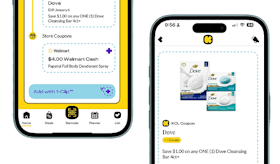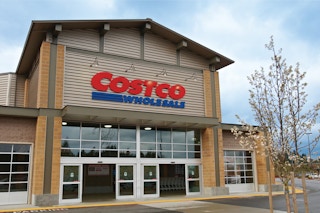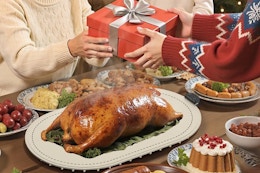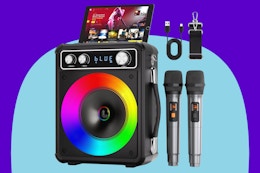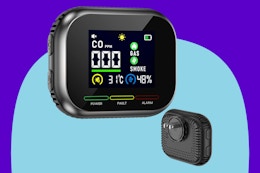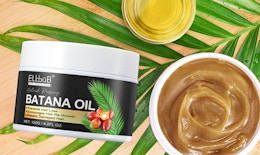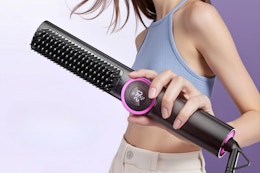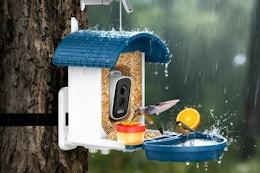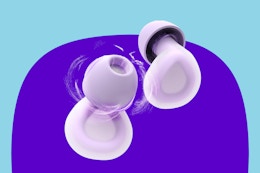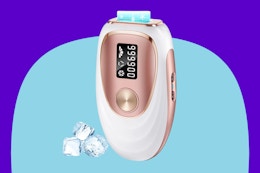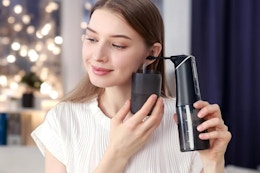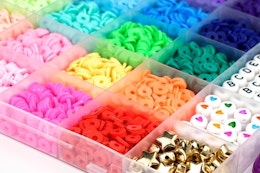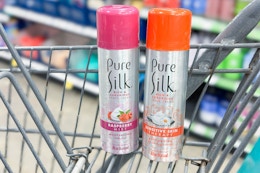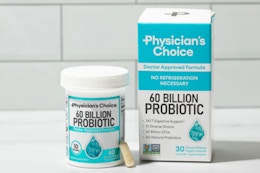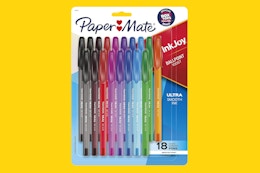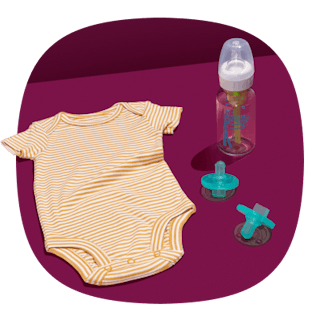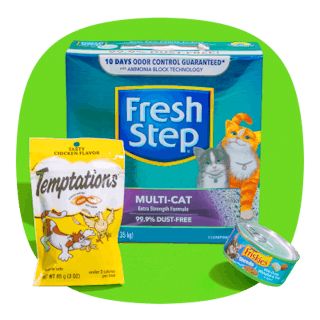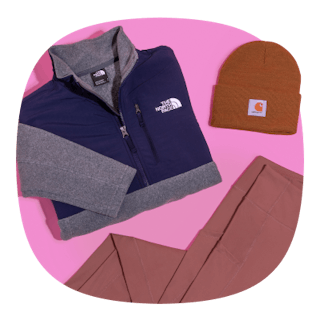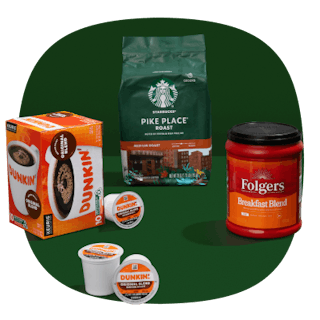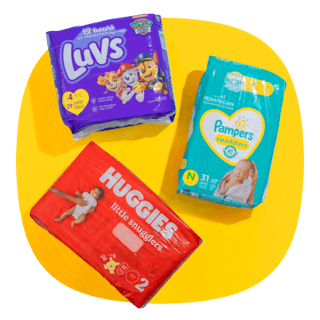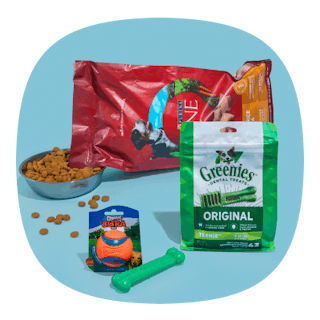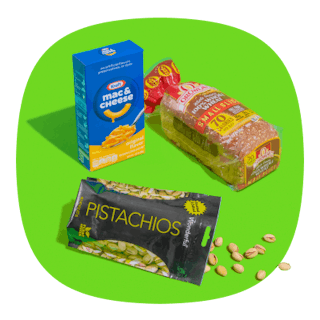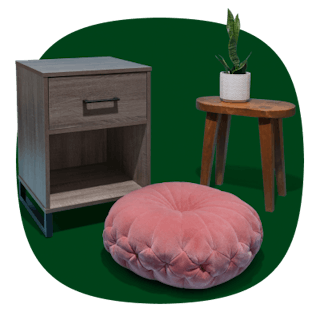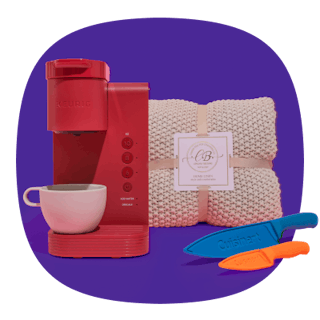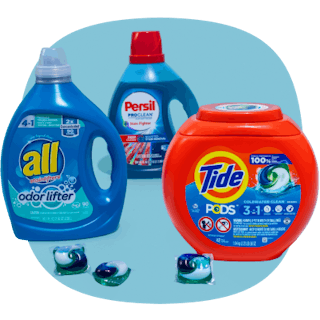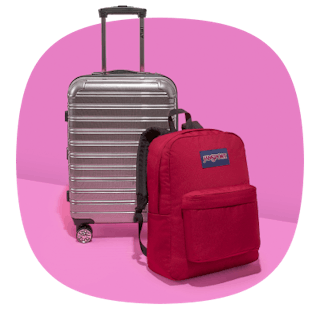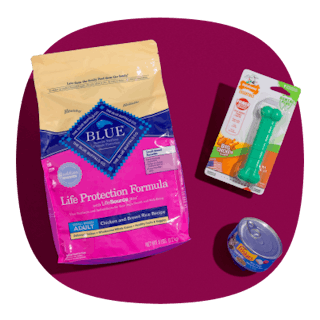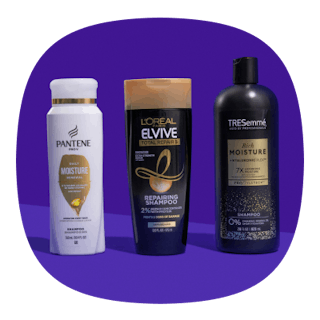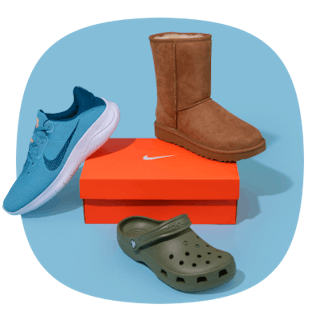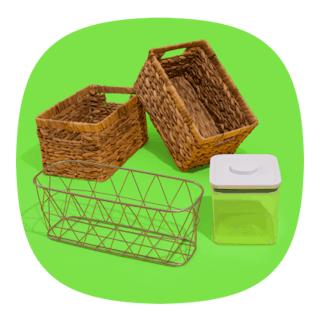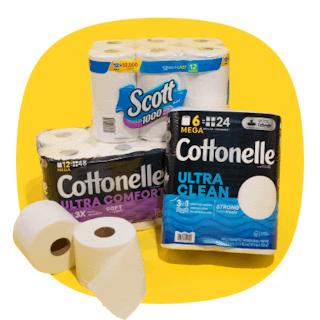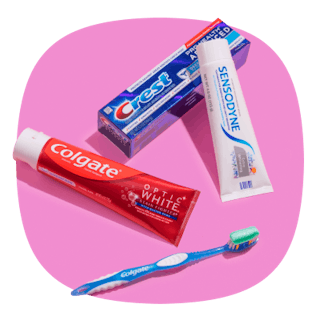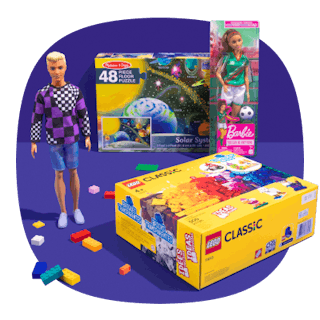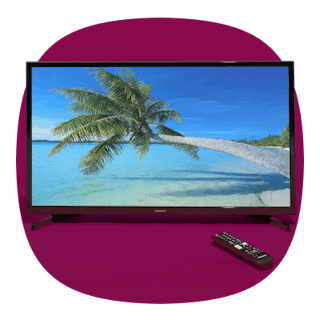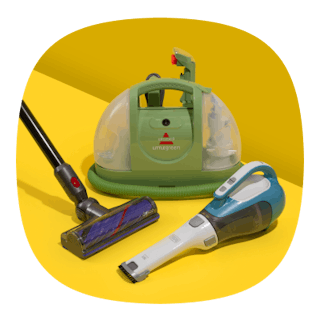Tariffs are in the news again, but your Costco bill doesn’t have to feel the pain. It turns out Costco buys months ahead, so the pallets on the floor today were paid at yesterday’s prices.
I’ll show you how to use this information to your advantage as well as break down the products you might want to consider buying now before tariffs fully hit later this year. Plus, I’ll break down the Kirkland products likely to avoid the tariff mess altogether, so you can get the best Costco deals.
Tariff Recap
But first, let’s recap exactly where we currently stand on tariffs so we’re all on the same page.
-
China: Tariffs on Chinese goods are delayed until Nov. 10. When they kick in, look for higher prices on toys, kitchen appliances, electronics, gadgets, and cookware.
-
Vietnam: As of July 2, Vietnamese exports into the U.S. are being hit by a 20% tariff.
-
South Korea: There's currently a 15% reciprocal tariff with South Korea. Look for higher prices on Samsung and LG major appliances and TVs.
-
Canada: Prices on paper goods, foods, and seasonal items sourced from Canada can have a 35% tariff under a reciprocal schedule with the United States.
-
Brazil: The U.S. put tariffs at 50% on Brazil. Brazilian coffee is the standout (Costco sells a lot of whole-bean/espresso blends).
Why Costco Prices Won’t Jump Overnight
When trying to understand how the current batch of tariffs will affect Costco pricing, it’s important to understand that it won't affect the pallets already sitting on the floor. Costco buys months ahead, so it won’t be until they sell out of the cheaper stock that you’ll potentially see higher pricing. Essentially, this creates a short window where old inventory is actually the better deal.
I also expect Costco to raise online prices before warehouse prices. This makes for a perfect buying window to stock up before tariffs hit in-warehouse pricing as well.
Find the Country of Origin of Costco Products
When trying to tariff-proof your next Costco haul, you’re going to want to do a little detective work.
Specifically, look for the tiny “Made in ___” line which can often be found near the barcode or nutrition label. Ignore any line that says “Distributed by/Imported by Costco, Issaquah, WA” as that’s the importer’s address, not where it was actually made.
After you find the real “Made in” on the item, you’ll want to consider the country of origin and whether you should stock up. If the product is made in a high-risk country like China, Vietnam, or South Korea and the price is right, grab 2 - 3 months worth now if it's non-perishable or you know you’ll use it before it expires.
If you don’t stock up now, there’s a really good chance the item will be more expensive the next time you need it.
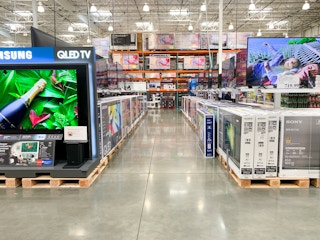
Shopping Categories You Should Buy Now
Here are the main non-perishable items you can find at Costco that will be hit the hardest by tariffs. If you know you’ll be buying these products in the future, now may be the best time to purchase before prices go up.
LED Light Bulbs: The vast majority are China-made. If you’re in the market, consider buying before November tariffs potentially roll out.
Toys: Most toys (even big brands like Legos) come from China and Vietnam. Consider buying pre-holiday before the tariff reset.
Countertop Appliances: Many Instant Pot, Ninja, and Cuisinart items are made in China. Buy now and avoid the pending price bump.
Luggage: Travel goods are usually from China or Vietnam. So if the suitcase fits your needs, it would be smart to purchase it now.
Holiday Decor and LED String Lights: These are heavily China-made, so it’s smart to buy before prices increase. Plus, you’ll avoid the Christmas rush altogether.
Ready-to-Assemble Furniture: Similarly, these almost exclusively come from China, so now's a great time to buy.
Electronics (TVs, Speakers, Laptops): 33% of the world’s electronics are made in China, so expect a major price increase come November. Costco will sometimes eat the first price bump, but higher prices on electronics will eventually make their way down the pipeline.
Cookware and Kitchen Gadgets: Anything stainless steel, ceramic, or with electronics that’s made in China (and that's most of them) are vulnerable to a 35% tariff come November.
Paper Products: Even if toilet paper, napkins, and paper towels are made in the U.S., the paper pulp is typically imported from Canada, China, or Brazil. All three of these countries find themselves in the tariff crosshairs, making it smart to stock up when you find a good deal and have the storage space.
Costco Price Tag Signals That Actually Matter
If you see a price tag at Costco that ends in ".97," it’s a clearance price. And if you see an asterisk (*) on the upper right corner of the shelf price tag, the item won’t be restocked. It’s time to use this info to spot pre-tariff stock before the next pricier shipment hits.
Here’s the move — flip the box and find the tiny “Made in ___” line. If it’s a tariff-exposed country and the shelf tag shows ".97" or an asterisk, there’s a great chance you’re looking at the last of the cheaper inventory.
If it’s a household product that you use regularly, buy the amount you'll use before it expires. And if it’s a TV or small appliance, you probably just found a screaming deal on a product that missed the tariff mess altogether.
Kirkland Products That Aren't Affected by Tariffs
In May of 2025, the Costco CEO said they were actively switching the country of origin on certain Kirkland products to avoid potential tariff-fueled price increases. He also said they were trying to source more products from the U.S. to avoid the tariff hit.
Unfortunately, the CEO didn’t specify the exact Kirkland products that were switching the country of production. So instead of trying to guess what products the CEO is referring to, it’s much easier to know the Kirkland products that are already made in the U.S. and thus not impacted by tariffs.
I went to my local Costco and started looking at a bunch of popular Kirkland staples, and I even chatted with a few employees to figure out which products are already made in the United States. Here are nine popular Kirkland products that fit the bill and should never see a tariff-fueled price hike:
-
Kirkland Whole Bean French Roast Arabica Coffee: These beans come from Ethiopia and won’t see the same tariff price hike as Brazilian beans, plus they're packaged in the U.S.
-
Kirkland Stretch-Tite Plastic Food Wrap: Made in the USA.
-
Reynolds (Kirkland Co-Brand) Foodservice Foil Sheets: Country of origin: United States.
-
Kirkland Alkaline AA and AAA Batteries: Listed as made in USA.
-
Kirkland Elegant Plastic Plates: Packaging notes that they're made in the USA.
-
Kirkland Full-Synthetic Motor Oil (0W-20 / 5W-30): Blended and packaged in the USA.
-
Kirkland Diapers: These are now manufactured by First Quality at U.S. facilities in Macon, GA.
-
Kirkland Pet Food (Kirkland Signature and Nature’s Domain): Made by Diamond Pet Foods at U.S. facilities.
-
Kirkland Roasted Almonds: Labeled as a product of the USA/California grown.
Switch to Tariff-Neutral Brands When It Makes Sense
Sticking with the made in the USA theme, perhaps the easiest way to avoid getting caught up in the tariff price swings is to know the brands at Costco that are made in the United States.
Here are some of the major brands you’ll find at Costco that are made domestically:
All-Clad: Their anodized non-stick pans are made in China, but all of their stainless steel and copper core pots and pans are made in Tennessee.
Chinet: Their classic white plates and bowls are made in the U.S. with recycled fibers which should help avoid the import tariffs on paper pulp. When imported paper goods start to rise in price, these should stay relatively constant.
Sterilite: All of their storage bins, organizers, and sliding drawers are made in the United States.
Vitamix: These blenders are put together in Ohio. While they get parts from everywhere, the blender itself isn’t an import. So when other small appliances that are made in China start to go up in price, this one should stay relatively chill.
Lifetime: All of their folding tables and chairs are built in the United States which should help keep their pricing highly competitive as tariffs hit.
Tempur-Pedic: Their mattresses are designed and assembled in the United States. There’s a good chance the prices on imported mattresses will spike, making Tempur-Pedic an even better value.
Maglite: Their flashlights are made in California. Tariffs on imported flashlights, especially from China, can spike quickly, but Maglite pricing will most likely increase at a much slower pace.
Ziploc: They make their storage bags in Michigan. If tariffs push up the price on imported storage bags, Ziploc items will hopefully not go up too much.
Related Reading:
Download the KCL app to add and redeem coupons in store
